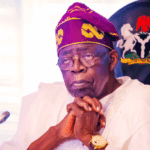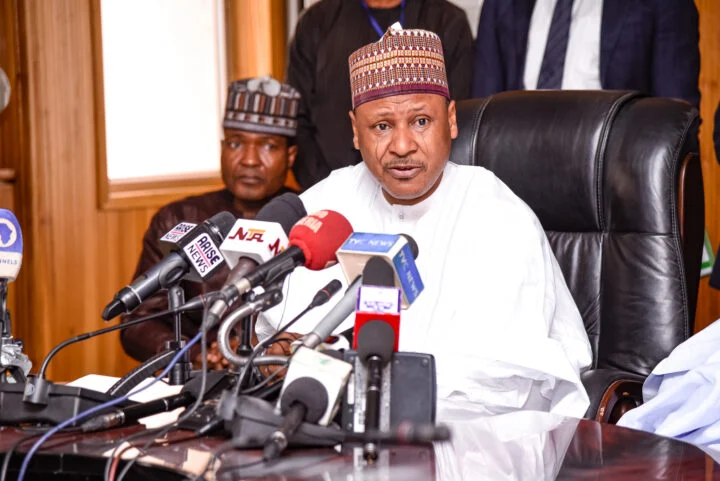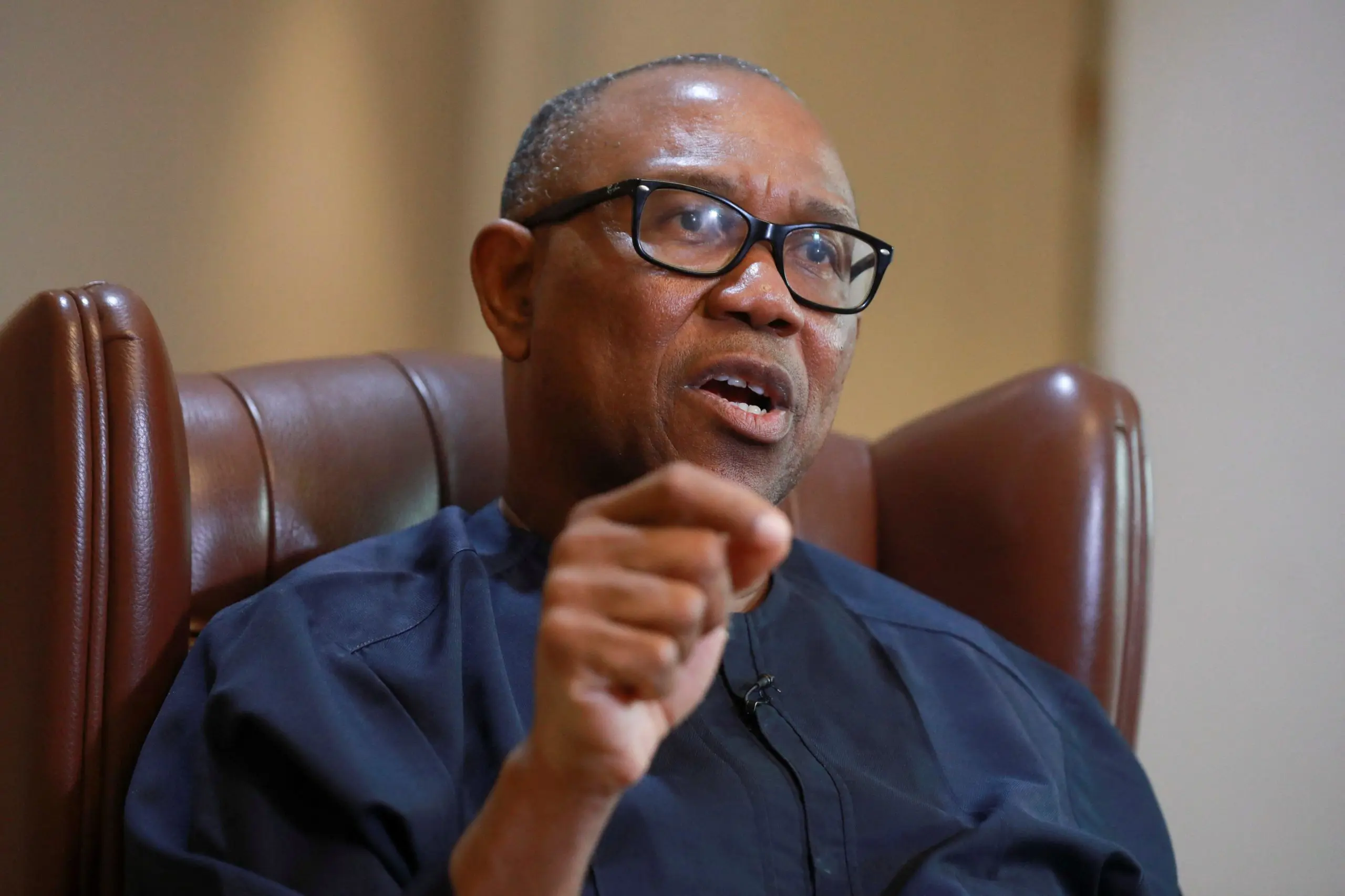The Federal Government says it will continue paying the ₦35,000 wage award to federal workers until a new national minimum wage is introduced as a show of commitment to the welfare of workers.
This was made known by the Minister of Information and National Orientation, Mohammed Idris, in a statement on Saturday by his media aide, Rabiu Ibrahim.
He however insisted that the government could not pay the ₦494,000 being demanded by the organised labour as the new minimum wage for Nigerian workers.
He lamented that the ₦494,000 would cumulatively amount to the sum ₦9.5 trillion bill to the Federal Government, which might not be affordable or sustainable by employers of labour particularly in the organised private sector and could eventually result in job losses.
He added that the demand is capable of destabilising the economy and jeopardising the welfare of over 200 million Nigerians.
Idris appealed to the labour leaders to reconsider their stand, return to the negotiating table and embrace reasonable and realistic wages for Nigerian workers instead of proceeding on its planned nationwide strike scheduled to begin on Monday, 3rd June.
He said, “The Federal Government’s New Minimum Wage proposal amounts to a 100% increase on the existing minimum wage 2019.
“Labour, however, wanted N494,000, which would increase by 1,547% on the existing wage.
“The sum of N494,000 national minimum wage which Labour is seeking would cumulatively amount to the sum N9.5 trillion bill to the Federal Government of Nigeria.
“Nigerians need to understand that whereas the FG is desirous of ample remuneration for Nigerian workers, what is most critical is that President Bola Ahmed Tinubu will not encourage any action that could lead to massive job loss, especially in the private sector, who may not be able to pay the wage demanded by the organised labour,” he said.
The minister said even though Labour was keen on the take-home pay of about 1.2 million workers, the Federal Government was concerned with the welfare of over 200 million Nigerians and must work on a minimum wage figure that would be affordable, sustainable and in the overall interest of the nation’s economy.











